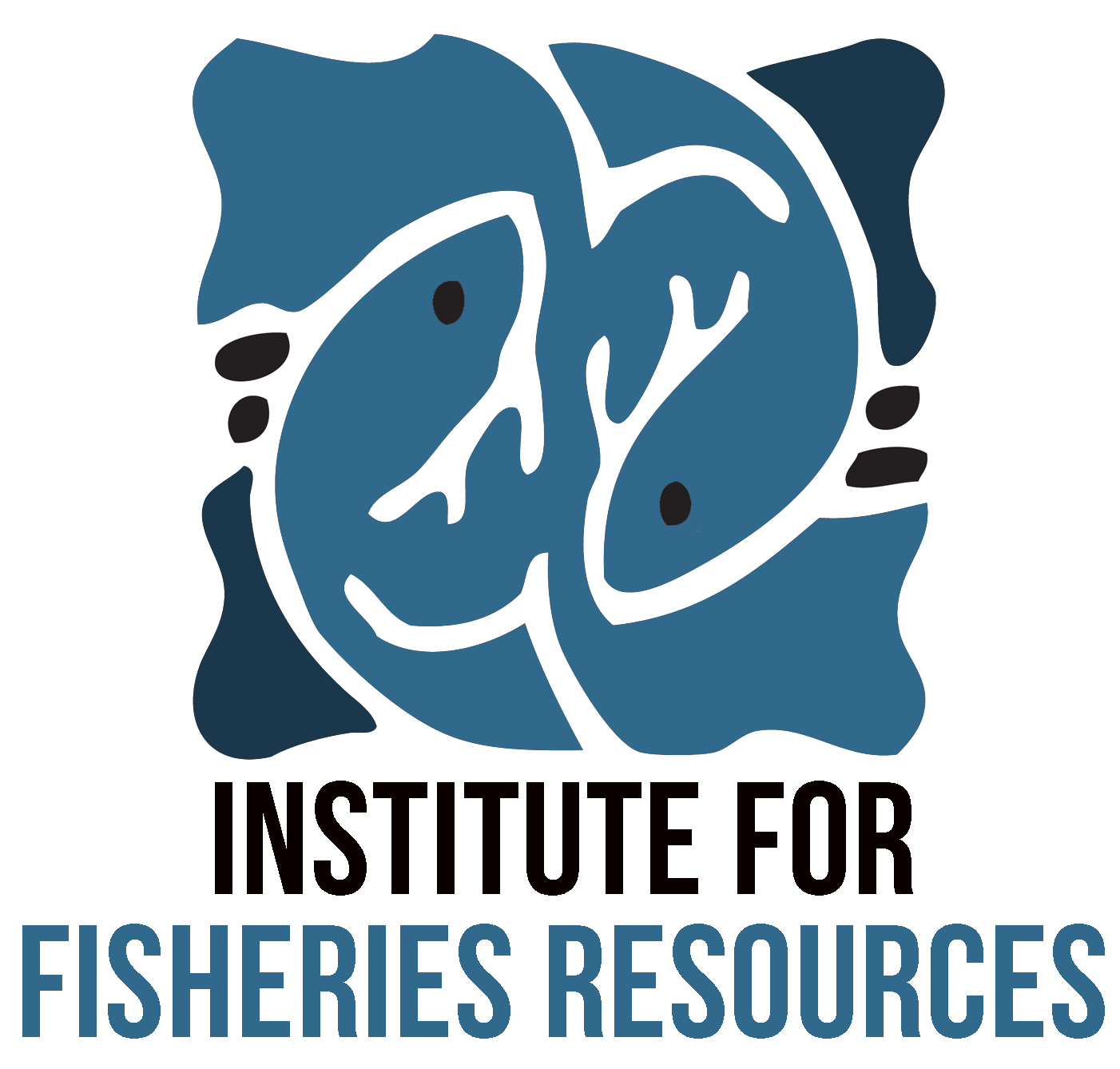Pacific Salmon Restoration Program
For nearly 30 years, however, IFR has been the focus for salmon-dependent communities working for much needed environmental changes to these habitat destructive practices. IFR’s oldest (and still largest) activity, its Pacific Salmon Restoration Program, has been an effective advocate for reforming land and water use practices known to destroy salmon habitat.
In the past, for instance, IFR has successfully (a) pushed for and achieved several dam removals, thus restoring access to hundreds of stream-miles of previously blocked key salmon habitat; (b) improved pesticide controls to reduce stream pollution impacting fish as well as public water supplies; (c) secured greater and better quality instream flows in many west-coast rivers to better protect migrating salmon; (d) helped state and federal agency land managers design and achieve enhanced forestry and agricultural conservation regulations that are more fish-friendly. IFR was instrumental, for instance, in improving riparian stream protections to benefit salmon spawning and rearing habitat on literally tens of millions of acres of federal BLM and US Forest Service, state and privately owned timberlands in California, Oregon and Washington.
IFR makes good use of existing environmental protection laws and helps create better public policies in support of restoring the US west coast’s damaged salmon runs. For instance, through use of the federal Clean Water Act, IFR was instrumental in the US EPA and the States of Oregon and Washington establishing new aquatic toxic chemical seafood safety standards that are at least an order of magnitude more protective of human health than previously.
Research and the application of the best available science is also vital to the program’s habitat restoration success. For this reason, IFR created a robust GIS software application, the Klamath Resource Information System (KRIS) [www.krisweb.com], which integrates pertinent fishery and watershed information supporting more fish-friendly land use and habitat conservation and restoration efforts.
Sustainable Fisheries Program
As required by the Magnuson-Stevens Fishery Conservation and Management Act (16 U.S.C. Sec. 1801, et seq.) all US ocean commercial, recreational and Tribal fisheries must, by law, be managed according to the principles of biological sustainability, both to recover overfished stocks and to prevent their overfishing in the future. This mandate has made U.S. commercial fisheries the best-managed and most sustainable fisheries in the world.
IFR’s Sustainable Fisheries Program helps implement these sustainability rules through its work with state and federal fisheries managers in applying that science.
The Wildfish Coalition
Unfortunately, many open ocean forms of aquaculture pose serious environmental risks to human and environmental health, and there are as yet few if any regulatory controls over those negative impacts.
A few of the negative consequences of these open ocean net-pen operations include: dyes and toxins used on the fish can be consumed by humans; pollution from fish net-pen excrement and wasted food impacts from such operations is comparable to the pollution of a small city; increased outbreaks of epidemics, with ocean net pen operations acting as vectors for the transmission of fatal fish diseases and parasites to nearby migrating wild fish populations; net-pen collapses can release large numbers of farmed fish into the wild, where they can then interbred with or out-compete local wild populations for limited food sources, and; most of these operations create a net loss (rather than a gain) of ocean-source protein.
IFR is also coordinating a collaborative nationwide effort, called the “Wildfish Coalition,” to bring together various stakeholder groups with leaders in California, Florida, Alaska, Washington, and Washington D.C. to work on better regulation of aquaculture operations generally. IFR also advocates for inland, closed-cycle aquaculture operations which do not produce many of these negative ocean impacts.
Fisheries Climate Change Response
Promoting Fisheries-Friendly Ocean Development
The oceans of the US are no longer mostly empty. The last several decades particularly has seen a much greater federal push to designate large portions of the US outer continental shelf (in what is known as “ocean zoning”) as “exclusive areas” designated and then federally leased specifically for the industrial development of aquaculture, offshore oil platforms, offshore deep-sea mining and most recently offshore wind energy projects.
Often, however, these federal ocean lease development programs are being designed with little or no regard to their potential impacts on valuable local and regional ocean fisheries. Many well-established and highly valuable US fisheries are now threatened by poorly designed ocean industrial developments that will exclude, limit or block ocean access by the US commercial ocean fishing fleet.
IFR’s members are not opposed to most of these ocean development projects, per se, particularly offshore wind programs to help wean our society away from its addiction to damaging fossil fuels. Our concerns center on poor siting or structuring decisions that may unnecessarily block, limit or eliminate valuable ocean fisheries.
IFR is working, and will continue to work, with BOEM and other federal ocean development agencies seeking win-win situations where future ocean industrial development is done in ways that minimize or eliminate to as great a degree as possible any adverse impacts on valuable ocean fisheries that are important sources of food for America’s tables.
International Fisheries and Trade Program
Fisheries Outreach and Education Programs
A few years ago, IFR also initiated a collaborative effort between local commercial fishermen, seafood restaurants, and farmers markets to promote increased awareness of the benefits of sourcing locally harvested seafood and to connect the demand for fresh, high-quality and sustainable seafood to local supply. Its Local & Seasonal Seafood Project, which is under this Program, also helps educate the public as to where to purchase local sustainable seafood and also provides consumers information about when local fish is in season so that consumers can make informed decisions.
Institute for Fisheries Resources
SF Office
PO Box 29196
San Francisco, CA 94129-0196
IFR Northwest Regional Office
PO Box 11170
Eugene, OR 97440-3370
(541)689-2000.
©2023
Subscribe to our newsletter
To receive our joint IFR-PCFFA fisheries issues Newsletter, please subscribe. Our mailing list is kept strictly confidential.
